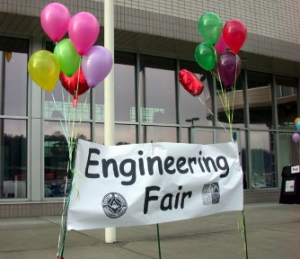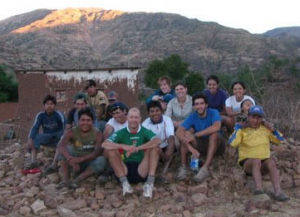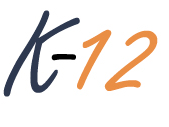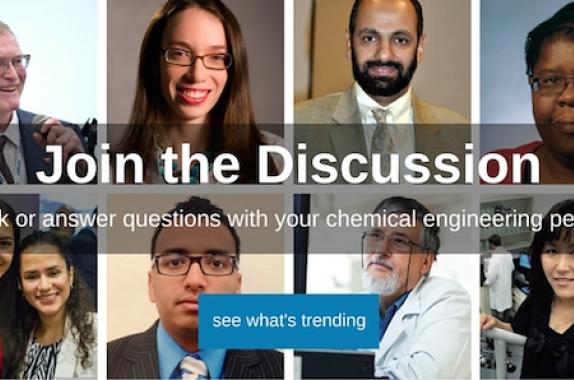I'll admit it. I'm a person who gets bored... very easily. Of consequence, there is one thing I find intolerable for myself: inactivity.

- I see the same people when I volunteer at Seattle's Carkeek Park as a Forest Steward, or at other Forest Steward trainings around the city.
- I see the same people when I attend mentor seminars for Washington State's Department of Social Health Services' Juvenile Rehabilitation Administration's youth mentoring program.
- I see the same people at volunteer events for Seattle's Climate Action Now (CAN) Carbon Coach Program.
- I saw the same people every week while training since January for my (first!) full marathon with the Leukemia andLymphoma Society's Team in Training (TNT) program.
 Northwest, there is plenty of forest and wood to go around). After a year at the steering wheel, and with the help of other officers, the Executive Committee of the Puget Sound AIChE local section (PSAIChE) is starting to look into one programmatic resource that we hope will not be exclusive to chemical engineers in the area, but impact all local engineers and community members in general: outreach.
The appeal of using a tool such as outreach is that it can take a number of forms, can virtually be applied within any context and, naturally, spurs that "feel goodery" that can genuinely inspire and motivate others within our communities. Through AIChE, however, pursuing outreach begs the question: in what form should outreach be pursued? Isn't participation in AIChE inherently a means of "outreach?"
Northwest, there is plenty of forest and wood to go around). After a year at the steering wheel, and with the help of other officers, the Executive Committee of the Puget Sound AIChE local section (PSAIChE) is starting to look into one programmatic resource that we hope will not be exclusive to chemical engineers in the area, but impact all local engineers and community members in general: outreach.
The appeal of using a tool such as outreach is that it can take a number of forms, can virtually be applied within any context and, naturally, spurs that "feel goodery" that can genuinely inspire and motivate others within our communities. Through AIChE, however, pursuing outreach begs the question: in what form should outreach be pursued? Isn't participation in AIChE inherently a means of "outreach?"
 EWB-UW in Bolivia
The extent of outreach at PSAIChE over the course of 2009--2010 included sponsoring a booth at the Puget Sound Engineering Council's (PSEC) annual Engineering Fair during E-Week. The PSAIChE booth allowed young students in grades K - 12 to extract DNA from strawberries by using simple ingredients available at local supermarkets. Other examples of outreach included establishing a direct connection between the University of Washington's Engineers Without Borders (EWB-UW) student chapter and volunteering PSAIChE members as mentors to EWB-UW project teams, or sending mentor representatives to local PSEC "mentor networking nights" for area engineers.
Now, PSAIChE is interested in enhancing its local section programming by establishing a formal connection with Puget Sound area K-12 students.
My own personal experience as a mentor of a youth in the Seattle area who has gone through the Washington State juvenile correctional system has taught me that forging these
EWB-UW in Bolivia
The extent of outreach at PSAIChE over the course of 2009--2010 included sponsoring a booth at the Puget Sound Engineering Council's (PSEC) annual Engineering Fair during E-Week. The PSAIChE booth allowed young students in grades K - 12 to extract DNA from strawberries by using simple ingredients available at local supermarkets. Other examples of outreach included establishing a direct connection between the University of Washington's Engineers Without Borders (EWB-UW) student chapter and volunteering PSAIChE members as mentors to EWB-UW project teams, or sending mentor representatives to local PSEC "mentor networking nights" for area engineers.
Now, PSAIChE is interested in enhancing its local section programming by establishing a formal connection with Puget Sound area K-12 students.
My own personal experience as a mentor of a youth in the Seattle area who has gone through the Washington State juvenile correctional system has taught me that forging these unique, personal bonds with younger students can carry a much larger impact than infrequent, non-continuous forms of contact. That said, the same experience has also taught me that there are plenty of unforeseen issues and difficulties involved in trying to make a significant impact in a developing youth's life. So what is the formula for success that is consistent, reliable and influential?
The same formula must also be universally applicable and replicable. Easier said than done!
Other entertained forms of outreach include PSAIChE's newest endeavor to develop a scholarship program that rewards students or new graduates who are active in global outreach. An eye for an eye--but only in the best sense.
unique, personal bonds with younger students can carry a much larger impact than infrequent, non-continuous forms of contact. That said, the same experience has also taught me that there are plenty of unforeseen issues and difficulties involved in trying to make a significant impact in a developing youth's life. So what is the formula for success that is consistent, reliable and influential?
The same formula must also be universally applicable and replicable. Easier said than done!
Other entertained forms of outreach include PSAIChE's newest endeavor to develop a scholarship program that rewards students or new graduates who are active in global outreach. An eye for an eye--but only in the best sense.
What kind of outreach programs does your local AIChE section sponsor or hold on a regular basis?
What kind of lessons can your local section teach other sections in terms of outreach?
We all want to make a difference - it's almost intuitive that chemical engineers can leave a huge mark encouraging younger students to pursue science, technology, engineering and mathematics (STEM) disciplines. That may be the low hanging fruit, but what else has worked for you?image ewb in bolivia: http://www.cheme.washington.edu/images/EWB2.jpg
Comments
- Log in to post comments
- Log in to post comments
- Log in to post comments
- Log in to post comments
- Log in to post comments








